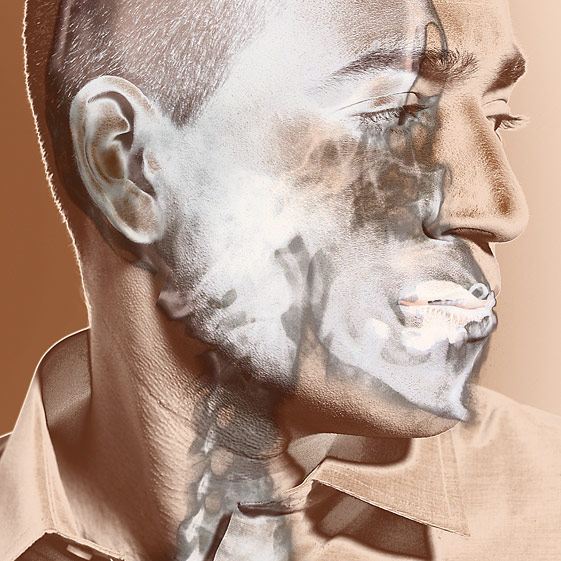
MONDAY, Nov. 9 (HealthDay News) — Rinsing sinuses with a saline solution might have soothing short-term benefits, but it could actually make you more prone to infections in the long run by stripping your nose of critical immune soldiers.
“By washing the nose, we are removing the bad mucus but, unfortunately, we are also removing the good mucus that contains the antimicrobial agents as well,” said Dr. Talal Nsouli, lead author of new research on the issue. “And, by depleting the nose of its immune elements, we expose the patient to more sinus infections.”
Nsouli’s advice is to avoid using nasal saline irrigation on a long-term basis, limiting its use only to when an infection is present. The research was to be presented Sunday in Miami Beach at the annual meeting of the American College of Allergy, Asthma & Immunology.
But other experts are split on how to interpret the findings.
Dr. Michael J. Bergstein, senior attending physician at Northern Westchester Hospital Center in Mt. Kisco, N.Y., agreed with Nsouli.
“There’s a blanket of little, hair-like projections called cilia in the nose, and those cilia can be stunned if they’re chronically bathed in hypertonic, which is excess salt, or hypo, which is too-little salt, rinses,” he said. “Do not use nasal saline irrigation as a maintenance because you’ll be altering the natural immune benefit that the sinuses have.”
But Dr. Jordan S. Josephson, a sinus specialist with Lenox Hill Hospital in New York City and author of Sinus Relief Now, offered a different view. “I totally, wholeheartedly disagree with the article,” he said. “I think irrigation is a marvelous thing.”
Though it’s possible for irrigation to wash away protective cells along with the infection, the protective “mucous blanket” of the sinus packages re-forms and goes back to work, he said.
Legions of people, according to the researchers, use nasal saline irrigation to treat sinus infections, despite lack of robust evidence to support its use.
For the study, 68 people irrigated at least twice a day for one year, then discontinued the practice and were followed for the next year.
The rate of sinus infections decreased 62 percent once irrigation was stopped, the study found.
“People who were using nasal sinus irrigation were having an average of eight sinus infections a year,” said Nsouli. “They dropped to three per year.” Nsouli is a clinical professor of pediatrics and allergy/immunology at Georgetown University School of Medicine and director of Watergate & Burke Allergy & Asthma Centers, in Washington D.C.
“The nasal secretions do contain immune elements that protect patients against infection,” he explained. “Our first-line protection is the mucus that we have.”
“Our recommendation is that patients should not use nasal saline on regular basis, only when they have an infection,” Nsouli said. “Long-term use was harmful and not helpful at all, and depleting the nose of its immune elements caused infections to occur on chronic basis.”
More information
The U.S. National Institute of Allergy and Infectious Diseases has more on sinusitis.

